Seeds past expiration date
b_garden
15 years ago
Related Stories
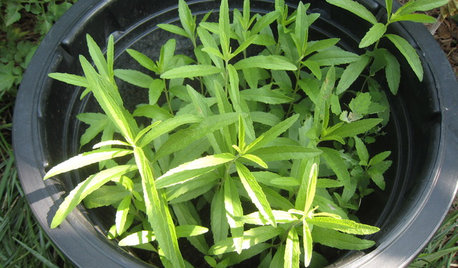
FALL GARDENINGBe Your Own Wildflower Nursery
Gather seeds from your garden in fall, and you'll have a selection of plants for next year — without spending a dime
Full Story
LIFEYou Said It: Imagine It Empty and More Tips of the Week
Home projects from the past week can help you break through a creative block
Full Story
KITCHEN ISLANDSInspiring Ideas for Vintage Kitchen Islands
Tired of the same old boxy kitchen island? Look to the past for a functional piece with timeless personality
Full Story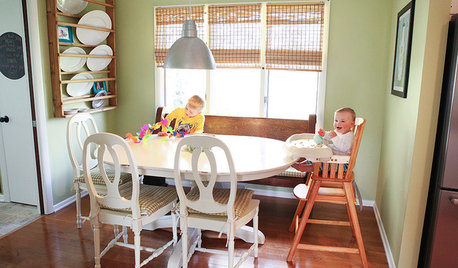
MOVINGSaying Goodbye to One Home and Hello to Another
Honor your past and embrace your future with these ideas for easing the transition during a move
Full Story
DECORATING GUIDESThe '70s Are Back. Can Ya Dig It?
No need to cringe. These 21 groovy blasts from the past are updated to look fabulous today
Full Story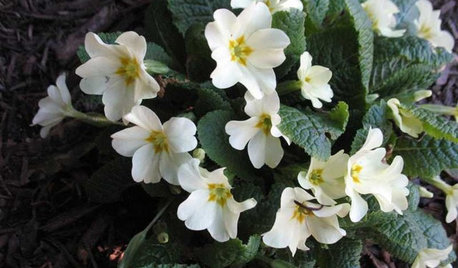
SPRING GARDENING7 Great Container Plants for Early-Spring Appeal
Good things sometimes come to those who impatiently head to the nursery for plants that can take a chill
Full Story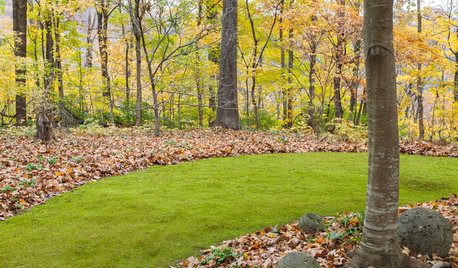
LANDSCAPE DESIGNMoss: Nature’s Carpet for the Garden
Learn how to grow and use this ancient and mysterious natural wonder for delightful texture in the landscape
Full Story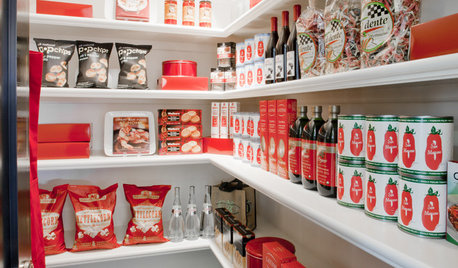
KITCHEN STORAGEGet It Done: How to Clean Out the Pantry
Crumbs, dust bunnies and old cocoa, beware — your pantry time is up
Full Story
ARCHITECTUREDesign Workshop: Materials That Tell a Story
See how wood, concrete and stone convey ideas about history, personal taste and much more
Full Story
EDIBLE GARDENSHow to Grow Your Own Sweet Summer Crops
This guide will help any gardener get started on growing the freshest warm-season veggies and berries for summer
Full Story






rjinga
barbe_wa
Related Professionals
Carson Landscape Architects & Landscape Designers · Canton Landscape Contractors · Amesbury Landscape Contractors · Bound Brook Landscape Contractors · Canton Landscape Contractors · Fairfield Landscape Contractors · Hayden Landscape Contractors · Lehigh Acres Landscape Contractors · Mahwah Landscape Contractors · Ocoee Landscape Contractors · Oxnard Landscape Contractors · San Antonio Landscape Contractors · South Portland Landscape Contractors · Selma Landscape Contractors · Pike Creek Valley Gardeners & Lawn Caredigdirt2
remy_gw
digdirt2
booberry85
grandpop1
zeedman Zone 5 Wisconsin